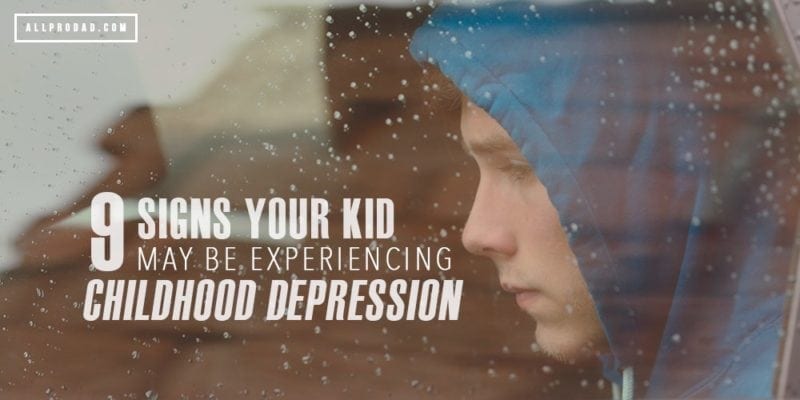I’ll never forget that morning. I was eight years old and the alarm was buzzing on my clock radio. It was early, so early it was still dark. My mom was gently shaking my shoulder and saying something. As my eyes opened and came into focus, I looked up at her. “What did you say?” I said. “Last night Nana passed away.” As I tried to process the fact that my grandmother died I didn’t have an immediate emotional reaction. But later in the day when I was at my friend’s house, as I played with his Legos™ it occurred to me that I wouldn’t see her again. That’s when I burst into tears.
Losing a loved one is a part of life that everyone will experience. It is a challenge no matter what age you are. Imagine how much harder it is for a child who has never experienced what it is like to be separated from loved ones. Here are 10 ways to help kids deal with losing someone.
1. Be the one to tell them
If possible, you should be the one to tell them in person. Wait until a time when you feel you can tell them calmly. It’s better coming from someone your child loves and cares about. As their dad, you know better than most how to communicate with your children, and you know how much detail they can handle.
2. Be willing to listen
This can sometimes be difficult, but depending on how young they are, talking will help. There will be things they don’t understand and you might be able to clear things up. That being said, don’t feel pressured to answer all their questions. Be honest, you don’t have all the answers, and that’s okay.
3. Take some personal time
Besides experience, one of the greatest teachers is by example. For some, this might be your child’s first time experiencing loss. They will learn how to grieve by watching other people. Share your emotions. Your kids will need someone to look to during this hard time. Lead by example on how to grieve. Be real.
4. Be there for them
At the same time, don’t become so engulfed in your emotions that you miss out on what your children are feeling. During this time, you want to be sensitive to their needs and emotions. Ask the hard questions; ask them how they’re doing. This ensures that you get a sense of their state and how you can help them grieve.
5. Remind them of the good times
Remembering really helps your child in moving forward. Share stories with each other, and ask your child what their earliest memory of their loved one is. Thinking on good things helps with the pain.
6. Life goes on
Despite how overwhelming feelings of loss may seem, there’s still hope.Despite how overwhelming feelings of loss may seem, there’s still hope. Remind them of the events that they can look forward to. Is their favorite book coming out as a movie soon? Did you have plans to go see their favorite artist perform? Life keeps going and so should they.
7. Maintain routine
With the loss of a loved one, life seems really unpredictable and unstable. Make it a priority to keep things as consistent as possible. Yes allow for grieving time, but try to maintain their schedule or create a schedule that works for your child. Doing these types of things reestablishes organization.
8. Hold them
Hugs are not all dads’ easiest thing to do. However, embraces really make a difference in the grieving process too. Death has a way of interrupting your world, causing life to seem unstable. Holding your child creates a sense of security. It also reminds them that someone else is there with them.
9. Support from friends & family
Having family and friends involved in the loss of a loved one is very important. In the absence of a loved one, it’s easy to feel alone. Not all of your family and friends will be able to relate to you, but they can offer their love and acceptance as you and your family work through your grief.
10. Closure
They need some way to say goodbye. This varies per person. For some, a funeral is enough, or maybe some type of tribute to their loved one. Your child needs to participate in a farewell. Closure helps them with moving forward.










